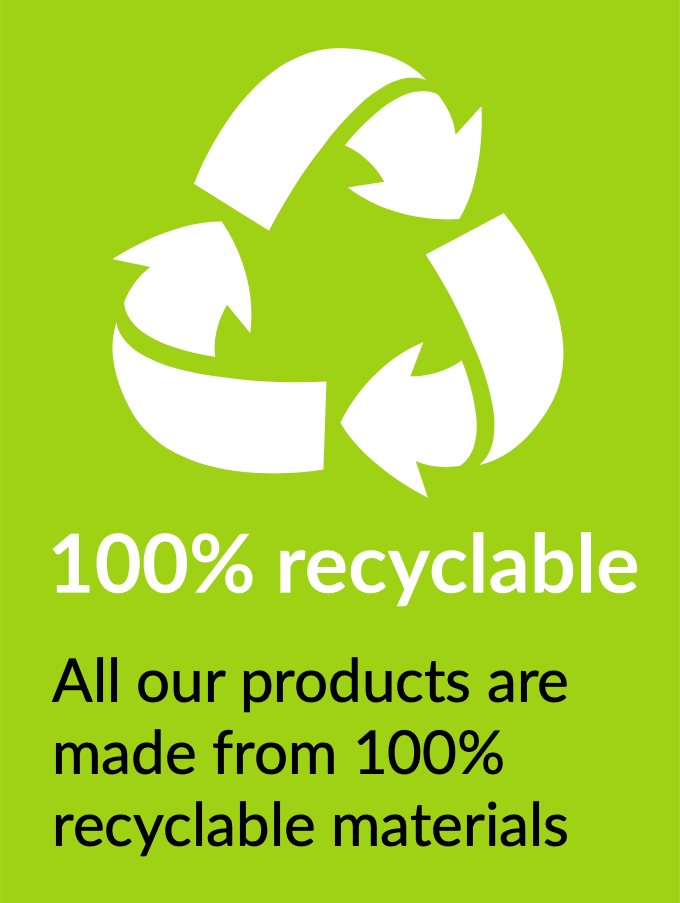When your employees go home and talk about their day, what do they say? What do they talk about on social media? Are they advocates for your business? Are the people who work with you really motivated or just turning the handle? If these are issues you’ve never considered before, then maybe it’s time.
The core differentiator lies in the mind-set of the people you employ and how they feel about working in your business.
Do you create an environment where people want to do their BEST work? I’ve outlined some steps that I believe can help.
Attract the right people for your business: when you advertise your job tell people what it’s like to work for you. Paint an attractive – but honest – picture so that potential recruits can make an informed decision about applying to you.
Recruit for attitude: A recent article by PWC reports that 37% of small businesses say that resilience, adaptability and interpersonal skills are most lacking in new recruits. Imagine all your employees possessed these attitudes – would it make a difference? Technical skills matter – but these can be learned. Values and attitudes are the attributes that will drive your business.
Recruit for tomorrow – not just today: Telling people what it’s like in your business also communicates what’s expected of them if they join you. E.g. ‘We work as a whole team where everyone plays an active part in our success’. ‘We provide everything you need to create a great career in our industry.’ Add a short video on your website – shouting about what a great place it is! Following Brexit, it’s possible that there will be fewer European workers available coupled with a tightening of the labour market. Grow your own people and keep them!
Train your Interviewers: Fact: Interviews are notoriously poor predictors of future performance. Amongst other issues there are internal bias factors that the un-trained are not even aware of – known as the Halo/Horns effect, developed by psychologist Edward Thorndike. In short, the Halo effect is where we let someone’s positive qualities nudge our decision in their favour – usually because they’re ‘like us.’ They might just be hiding their horns! Conversely, we let someone’s negative qualities dismiss them as a candidate when they might just be nervous. Instead we should take steps to help them to be their best selves.
‘Always treat your employees as you want them to treat your best customers’
Getting the right person through the door is just the start – now you have to create the environment where they want to do their best work and regularly:
- Think about their job and how to improve it
- Feel positive about the job and their ability to do it
- Work closely with others and talk about improving the business
- Train and Encourage Them: equip people so that they can safely make their own decisions within the scope of their job. Have regular chats to catch up and provide encouragement. If you’ve trained them well you will minimise the risk of failure. Let go and let them get on with it – safely.
- Provide Clear Outcomes: Share your own vision for the business and be clear about where and how they fit into that. Encourage their effort and input. People should be able to be themselves at work and say what they think – people who are afraid to contribute are not productive or happy.
- Feedback: is not a ‘buzzword’. It’s simply information. Telling someone how they’re doing in a respectful and unemotional way that’s helpful to them is a powerful way to learn. What are they doing really well? What do they need to tweak? Feedback is the cheapest, quickest, most effective tool for growing confidence and capability, and is massively Get feedback from them about how they would improve things.
- Develop: If you only do one thing as a manager of people – learn how to coach. It does not have to cost a fortune and investing time in helping others discover their potential sends a powerful message about how much you value them.
Use job shadowing, Apprenticeships, Traineeships etc. Create a plan with them where they can begin to develop the skills they will need to be great.
Debbie Gardiner MBE, Executive Chairman of Qube Learning says:
‘Young people often face barriers to work. They often don’t know what they want to do or can do. They need advice and experience. Given the right support I’ve seen so many young people blossom into valuable permanent employees.”
These activities are a continuous cycle – not a one-off. I believe it’s worth the investment.
People who are happy at work do more – it’s that simple.





